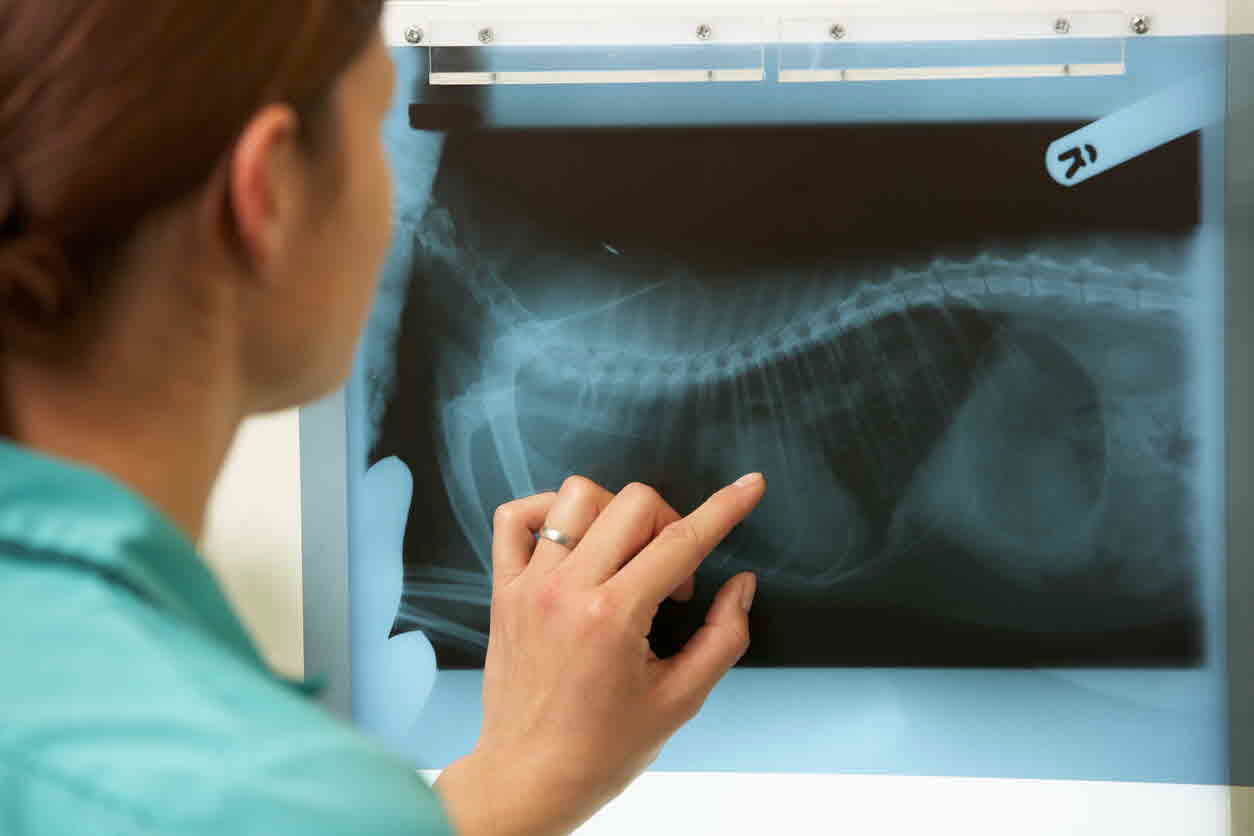Where do most veterinarians work?

Veterinary science is a diverse profession, allowing graduates to work in a variety of exciting fields.
While most of Australia’s veterinarians work in general private practices, career opportunities in other areas of the industry are increasing. In recent years, more and more veterinarians are specialising, with some practices limiting their work to certain types of animals, such as horses, livestock or small animals and there are increasing numbers of specialty clinics and emergency hospitals which focus on specialised areas within veterinary medicine.
Other areas that veterinarians may work in include Government, production animal industries, universities and research institutions, the pharmaceutical industry, the pet food industry, zoos and animal welfare organisations. In addition, Australian veterinarians regularly contribute to international programs on animal production, disease control and environmental management.
Most graduates make several job changes throughout their veterinary career. More detail regarding some of the different areas veterinarians may work can be found below.
Private practice
Most new graduates typically start off their careers as employees in general private practice clinics. They may go into mixed practice in a country town where they’ll see a whole range of domestic and production animals, or work in a small animal clinic in a suburban or city clinic treating family pets.
After graduation, some may also choose to undergo additional training to work towards specialising in a particular area of veterinary science such as surgery, radiology, animal behaviour and ophthalmology.
Government
In state governments, the profession is responsible for animal welfare as well as monitoring, controlling and eradicating many animal diseases. Veterinarians are employed in the field and in laboratories. Some are also employed to consult with aid programs both in Australia and overseas. This might involve working on village agriculture and vaccine production in under-developed countries.
Government veterinarians also supervise the handling and health of stock destined for export as well as quarantine for incoming livestock, genetic material and animal products. Veterinarians working in this area are also involved in public health programs to ensure the safety of food and the regulation of agricultural and veterinary chemicals.
Teaching and research
A small number of veterinarians also teach undergraduate and post-graduate students at universities. Prior to teaching, veterinarians often gain experience in practice, obtain post-graduate qualifications and will often spend time working overseas at other universities and research institutions.
Research in universities and other institutions can also provide a challenging and varied career with veterinarians conducting studies and clinical trials working towards making advancements in veterinary medicine or they can become experts in fields such as parasitology, immunology and pathology.
Industry
Veterinarians have important roles within all industries associated with animal health care. Examples of these industries include the pharmaceutical industry, pet food industry, pet insurance companies and livestock industries. The pharmaceutical industry is continually developing new medicines and treatments for animals and humans, which requires involvement from veterinarians in research, development and marketing of new drugs. Veterinarians are also employed in industry to supervise the breeding, care and maintenance of animals used in testing or other research. There are also many other emerging animal industries such as aquaculture, which offer a niche career for graduates of veterinary studies.
Animal welfare
In recent years, animal welfare has become a prominent and increasingly important social issue. The profession is recognised as having a key role in the supervision of animal use in research, farming, the racing industries, zoos and pet care to ensure that the welfare of all animals involved is kept to the highest standards at all times.
Wildlife
Veterinarians also work in zoos and sanctuaries where they care for and treat exotic animals and wildlife, as well as working with and promoting conservation programs in Australia and overseas.
Voluntary work
Many veterinarians are also involved in a number of voluntary programs such as Vets Beyond Borders, an Australian-based charity established by veterinary volunteers in 2003. It recruits volunteers and provides expertise for veterinary-based animal and public health projects in communities needing such assistance across the world.
